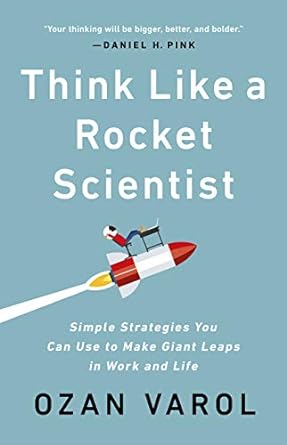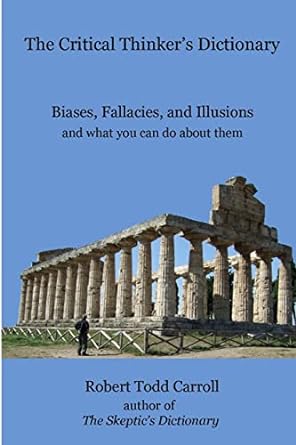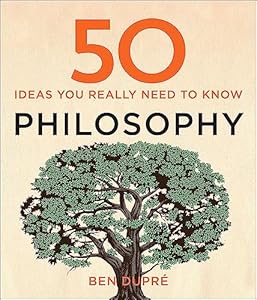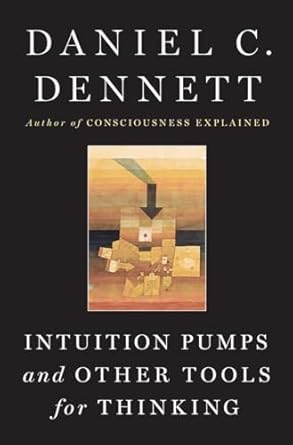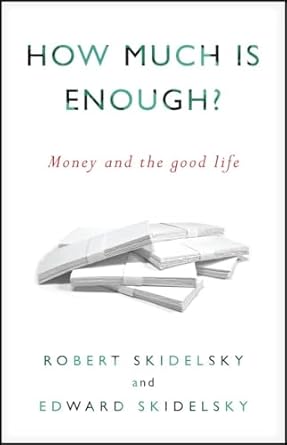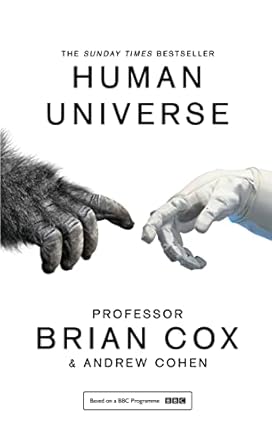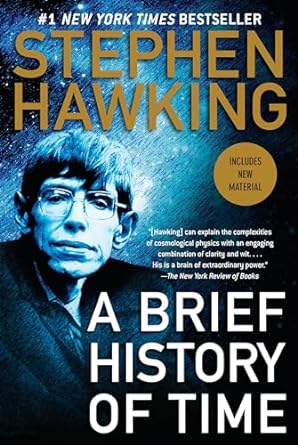Occam's Razor
A mental model or heuristic, attributed to 14th century philosopher William of Ockham (Occam). It suggests that, all else being equal, we should adopt the simplest solution to a problem or hypothesis.
Key Insights & Principles
Problem Solving & Decision Making
Insights:- We have a tendency to seek complexity.
- All else being equal, the simple solution or theory is usually best.
- We should not merely accept that the simplest explanation is true, just that it is more likely until there is more evidence.
- Keep it simple
- Even when seeking simplicity, remain open to new facts or solutions that may complicate things.

